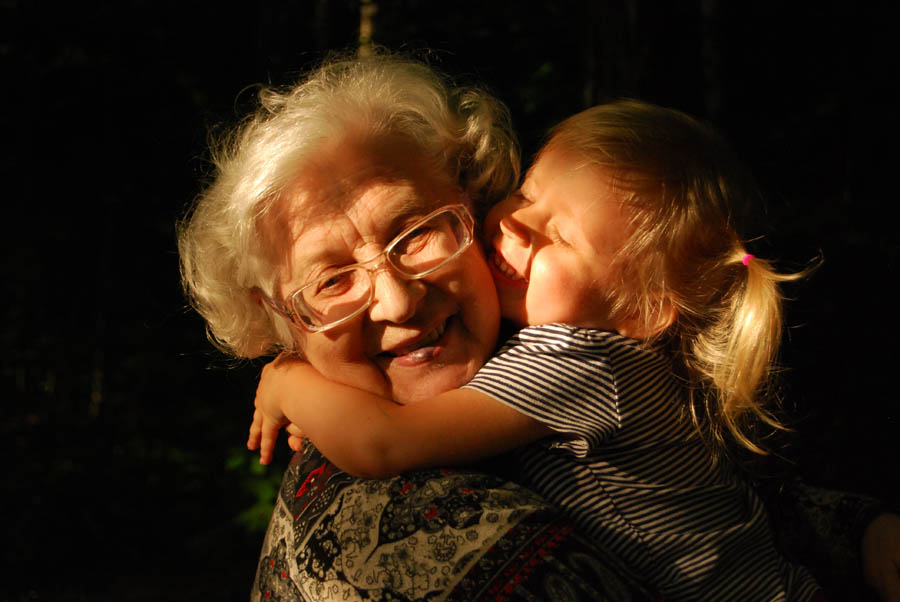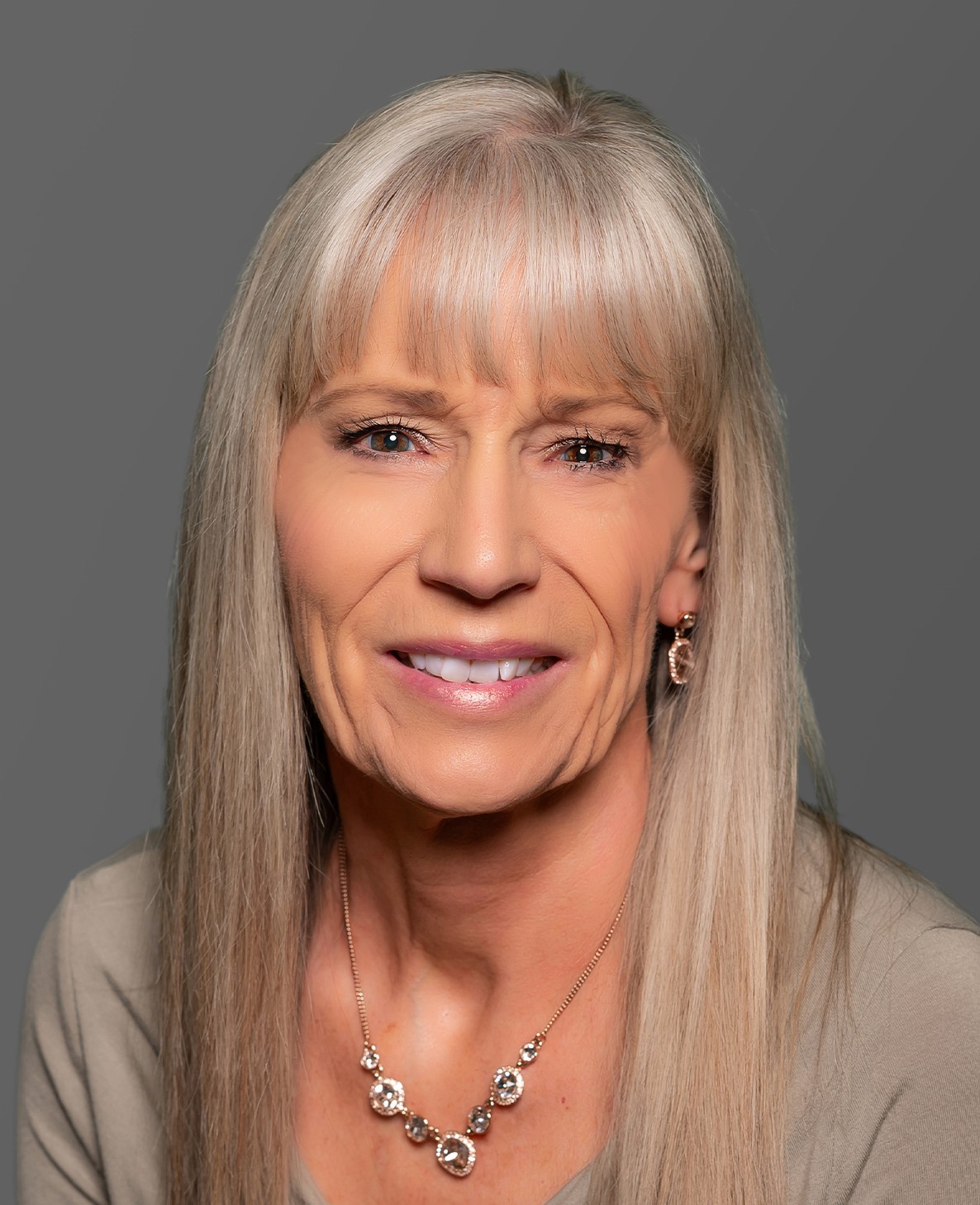Watching a recent live rendition of “Fiddler on the Roof,” I was struck by one of the beloved musical’s iconic songs.
There’s going to be a wedding, and the men of the little Jewish village are raising their glasses in celebration. Tevye, the father of the bride, sings,
“To life, to life, l'chaim. L'chaim, l'chaim, to life. Life has a way of confusing us, blessing and bruising us. Drink, l'chaim, to life!”
(“L’chaim” is the Hebrew term for life.)
He goes on to describe life’s happiness and pathos,
“God would like us to be joyful, even when our hearts lie panting on the floor. But how much more can we be joyful when there's really something to be joyful for? To life, to life, l'chaim…”
After blessing the prospective bride and groom, Tevye philosophically wraps up the tune,
“Be happy! Be healthy! Long life! And if our good fortune never comes, here's to whatever comes. Drink l'chaim, to life!”
I found myself re-captivated by the story of Tevye and his family, partly because my own grandparents’ wedding was the result of matchmaking in the old country.
[Click here to subscribe to Pregnancy Help News!]
In addition, my mother’s family fled from their ethnically German village in Romania west toward Germany when the iron curtain closed in.
Twice during her growing up years, they threw all their belonging onto a horse-drawn wagon and hurried away from life as they knew it.
The last scene of the musical, where the whole village is forced off their land, mirrors my own family’s circumstances a generation later.
After attending the production, I pondered the joyful music and dancing as well as the anguish of family division and forced new beginnings in “Fiddler on the Roof.”
Tevye is correct in his assessment: life has a way of blessing and bruising us, God offers us joy even in hard circumstances, and we can choose a positive outlook even if things don’t work out the way we hope.
It’s certainly true that some seasons and situations in life are more pleasant and desirable than others. At times, we celebrate with joy and laughter; at other times, we mourn and grieve.
Yet no matter how difficult or insignificant a particular phase of life may appear to be, each part of life adds up to the total human experience.
Each phase has value. Each phase is worth living. And each person experiencing any part of the human experience is worthy of dignity and protection.
Tweet This: Each phase has value, is worth living. And each person experiencing any part of the human experience is worthy of dignity and protection.
Our culture disagrees with this principle.
Some wish to exterminate those who are elderly, infirm or mentally ill. Some fight for the rights of women to destroy their preborn children.
But what happens when we begin targeting certain persons as no longer worthy of living? What kind of people do we become when we eliminate the vulnerable instead of protecting them?
Let’s return to an old country scene for a moment.
At least two members of my family were killed during the Nazi reign of terror in Europe.
My mother’s cousin Emil, a happy, healthy boy of sixteen, caught a cold and went to the hospital for medication. Over the course of a few days, the “medicine” he was given killed him.
You see, Emil had incurred brain damage from a fever he had as an infant. Those in power decided he was “undesirable.”
Like countless other disabled children, he was eliminated.
My paternal grandfather wasn’t disabled, but he committed a “crime” of another sort. He led Bible studies in his home.
When a tooth infection sent him to the local dentist (a Nazi propagandist), he was also given “medication” which killed him within a few days.
My grandfather was thirty-nine years old.
We’re all keenly aware of what happened to Jewish people during the Holocaust. But the atrocities committed during World War II were not limited to an outside people group.
Those drunk on power turned against their own people, too, ruthlessly exterminating those who didn’t make the cut.
So when I listen to Tevye sing about “L’Chaim,” I reflect on the value of life. On all of life. On every life.
By protecting the preborn, we stand as gatekeepers for all of humanity.
We are saying, “It all matters. WE all matter--from the very beginning of life at conception to its end in a natural death.”
It is not our place to downgrade any portion of “L’Chaim.” It is not our place to take human life.
As the Psalmist says, “My times are in your hands…” (Ps. 31:15).
I’ll close with a story illustrating the surprises life brings. We never know how beauty may spring from ashes.
Picture a quiet little graveyard in a German village. A woman is seated on a bench, talking to a man.
The man hangs his head. He can’t look her in the eye as she says to him, “I forgive you.”
The woman is my grandmother. The man is the dentist who poisoned my grandfather.
In time, the man’s children begin attending the local church.
From an unjust, untimely death, by grace, new life springs forth.
L’Chaim.






